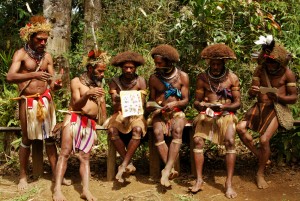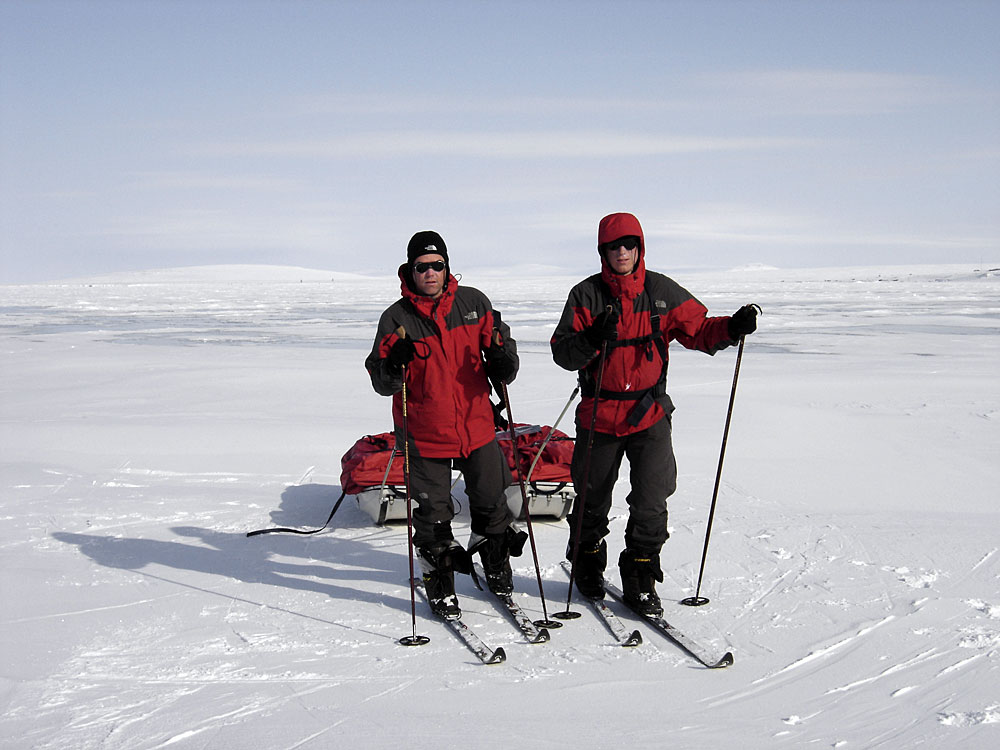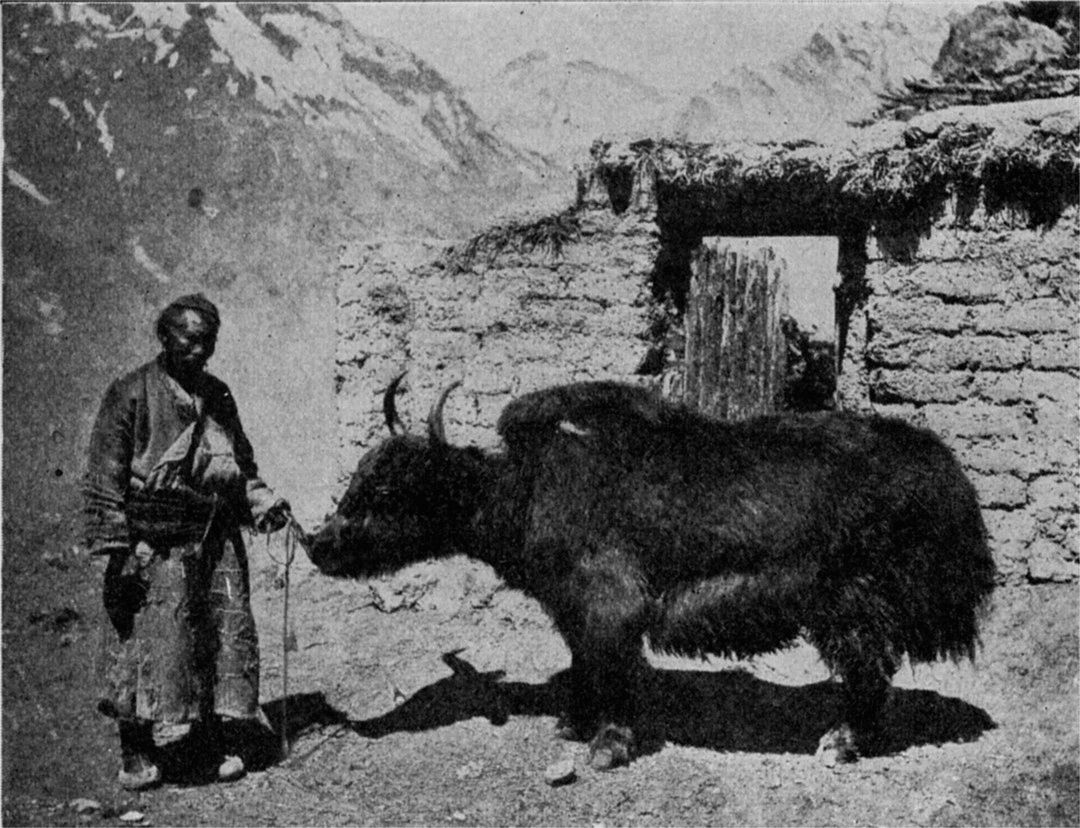Saying that you are honored is kind of a dirty word in Sweden, but when I was included in the book Faces of Exploration 2007 written by Justin Marozzi and photographed by Joanne Vestey, both good friends of mine, I felt honored indeed! I don´t belong there at all amongst some of the most inspirational people on earth like Dame Jane Goodall, Sir Ed Hillery, Buzz Aldrin and so on, but I did feel honored. Anyway, I have returned to Sweden now, eventually, and I am trying to figure out life and came across this interview that Justin did for the book and thought it might be interesting for you readers to read. (I am very happy to say that there plenty of readers every day on this site, more than i could have dreamed about a few months ago. Mainly Swedes, Americans, Brits, Turks and from the Gulf countries!)
1. What does exploration mean to you?
For me, the true explorer is unselfish, curious and ready to sacrifice his life in the quest of discovering unknown areas and human limits. An explorers life is a mission to make this earth of ours a better one to live in. For everybody.
2. How did you get started in exploration, was there a decisive moment that shaped what drives you?
I was brought up in a working class environment, where the basic values of life was hard physical work, loyalty to your employer, never forget where one came from and stick to your own kind. For this reason, we only had two books at home, The Sea Wolf and White Fang by Jack London. My father had them on loan indefinitely from the local library, for the simple reason to show our neighbours that our family had ambitions beyond the village limit. I wouldn’t have touched those books if I hadn’t caught the measles as a bored ten year old and with plenty of time to kill, I started reading them. I just couldn’t stop. Once finished, I knew I had discovered an unknown, very exiting and important world. That discovery, in combination with a mother who loved me above all, gave me a self-confidence and a sense of uniqueness, to know that my future lay beyond the limits of the village.
Consequently, as quick as I turned 16, after spending most of my time avoiding the utterly boring knowledge taught in school, I set off for India, prepared to spend a year studying Mahayana Buddhism. Those studies only gave me diarrhoea and gut pains. Instead, I ended up hiking, reading and travelling around. When my money eventually ran out, I returned home with a wish to build bridges of understanding between people by writing, lecturing, filming and through photography. I met a total lack of interest. At that moment I realized, that I had to do something that nobody else had done before. So over the next 7.5 years I cycled from Chile to Alaska, from Norway to South Africa and from New Zealand to Cairo. I pedalled a total distance of 90000 kilometres passing through difficult terrain as the Sahara Desert and the Darien Gap. Since then, I’ve been privileged to live a dream.

3. Why do you explore?
I explore to understand the meaning of life. I am looking for an answer regarding the eternal question, why in earth did we humans end up on earth, dominating it the way we do, but not fully understanding it. And I believe that to be able to understand fully, you have to understand the basic values of people who live very close to nature every day of their lives. And, I feel I have a mission, trying to get people in my own world to understand other people, for them unknown and often, misunderstood. Basically, a builder of bridges between cultures.
4. What do you remember as being your most exhilarating moment in the field?
The day I arrived to the small Siberian settlement of Kolymskaya was the happiest moment of my exploring life. It was the end of the most demanding part of my Expedition along the Kolyma River, one of the coldest inhabited places on earth. I had, together with my assistant Johan, spent most of the past 5 months hauling 660 pounds of necessities, mainly in utter darkness, experiencing a terrifying cold with average temperatures around -50°F, day and night. A reality which made sleep almost impossible, giving us plenty of frostbites on both fingers and cheeks and it ruined most metal parts in our equipment. Like our ski bindings, and therefore, we arrived walking, not skiing, to the village. It seemed like every inhabitant were there to greet us with customary warmth, joy and most of them were dressed in their colourful traditional dress. We saw Chukchis, Even, Yakuts, Yugahirs and Russians. After the traditional welcoming offerings to the spirits, we were brought into the local museum, where more cheerful and hugging villagers awaited us, around a table full of local delicacies. After having survived mainly on moose meat and raw, frozen fish during most of the winter, we nearly cried when we came across big plates of fried reindeer brain and cooked bone marrow. At that stage, I suddenly realized, after spending 20 years of exploring extreme parts of our world and trying to understand the meaning of life, from now on, I’ll stop thinking about the big worrisome issues and simply concentrate on the uncomplicated ones. Like the thought of some more cooked bone marrow.
5. What do you think the future of exploration is?
I worry quite a lot regarding the future of exploration. There’s an awful lot of young male dominated quite ridiculous adventures today, were focus is purely on showing off a male hero image. The type who’s gone to the North Pole and back sitting in a shopping cart from Wall-Mart using an oar to move forward and keep polar bears at bay. A bloke whose selling point is dirty underwear, ice in his beard and modern polar clothes packed with sponsors and whose lecture theme is “Everything is possible!” I hope this awfully trivial way to travel in the name of exploration will disappear soon and I look forward to the return of good old Exploration in the name of documentation, building bridges of knowledge whilst doing research and tests of the human limits. There’s also a need of much more women in Exploration, especially the classic adventure genre, to give a much better, and more serious, perspective of it all. I think, and hope, this is the future of exploration.

6. What is your most trusted ´Don´t leave home without it`piece of kit?
A good quality knife. You can do a lot with a sharp knife. You can hunt, skin, prepare meat and other types of food and than use it as an eating utensil. And many more matters concerning pure survival.
7. Could you share a message to empower future generations to continue to explore or do you have a favourite quote to encourage young people?
Even though everything has been discovered geographically today, there’s an enormous amount of important things still to discover, since the world is forever changing. Don´t think, just go. You will make a difference. It is the best life one can imagine. The life of an explorer.
Well, that seems a loooong time ago….things have happened since then, some really good, some really bad. Read this article in Turkey´s biggest daily Sabah!


One comment